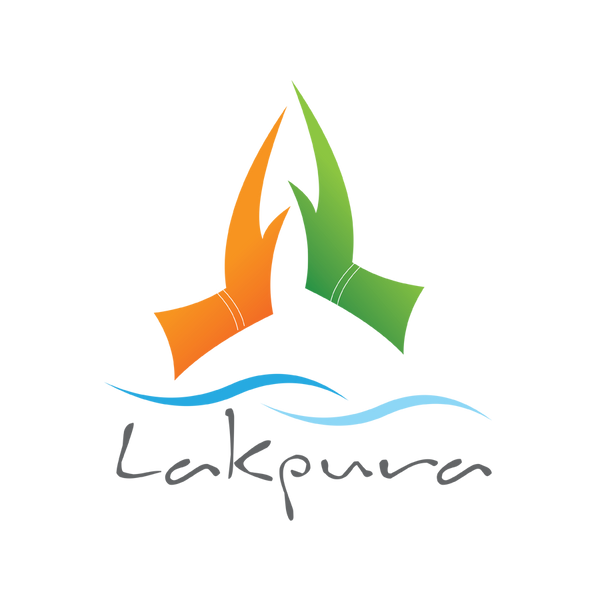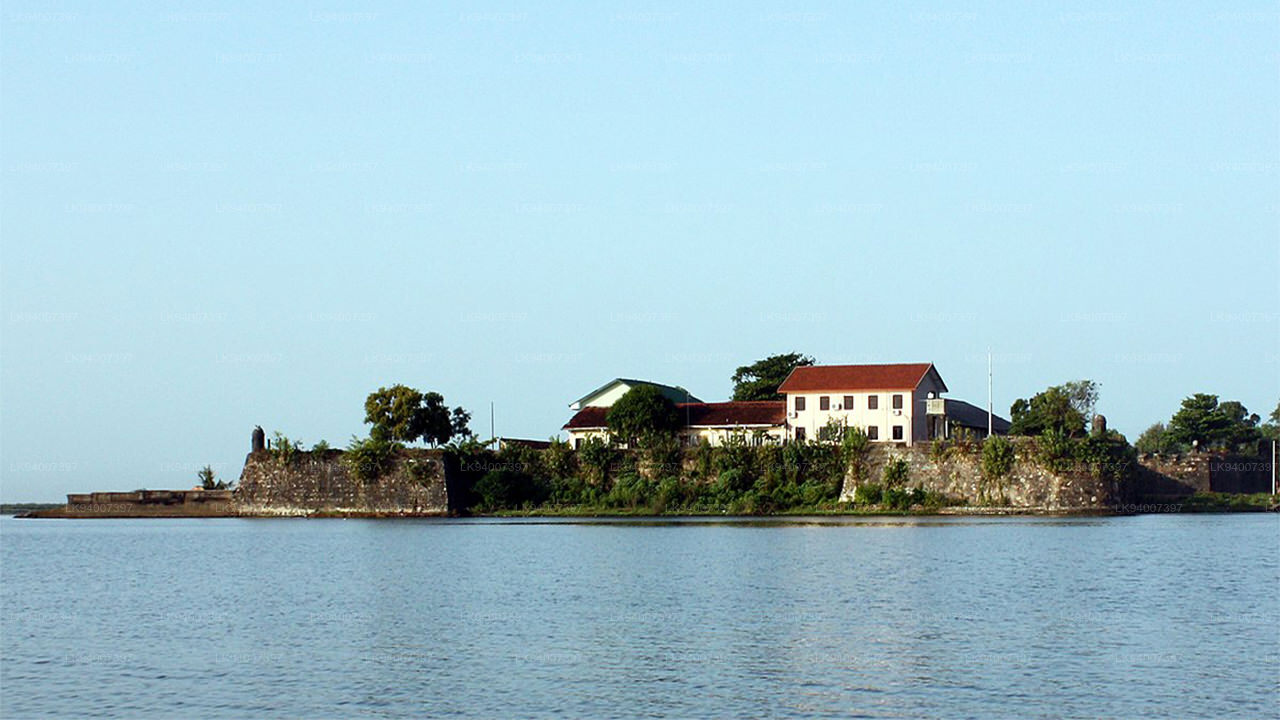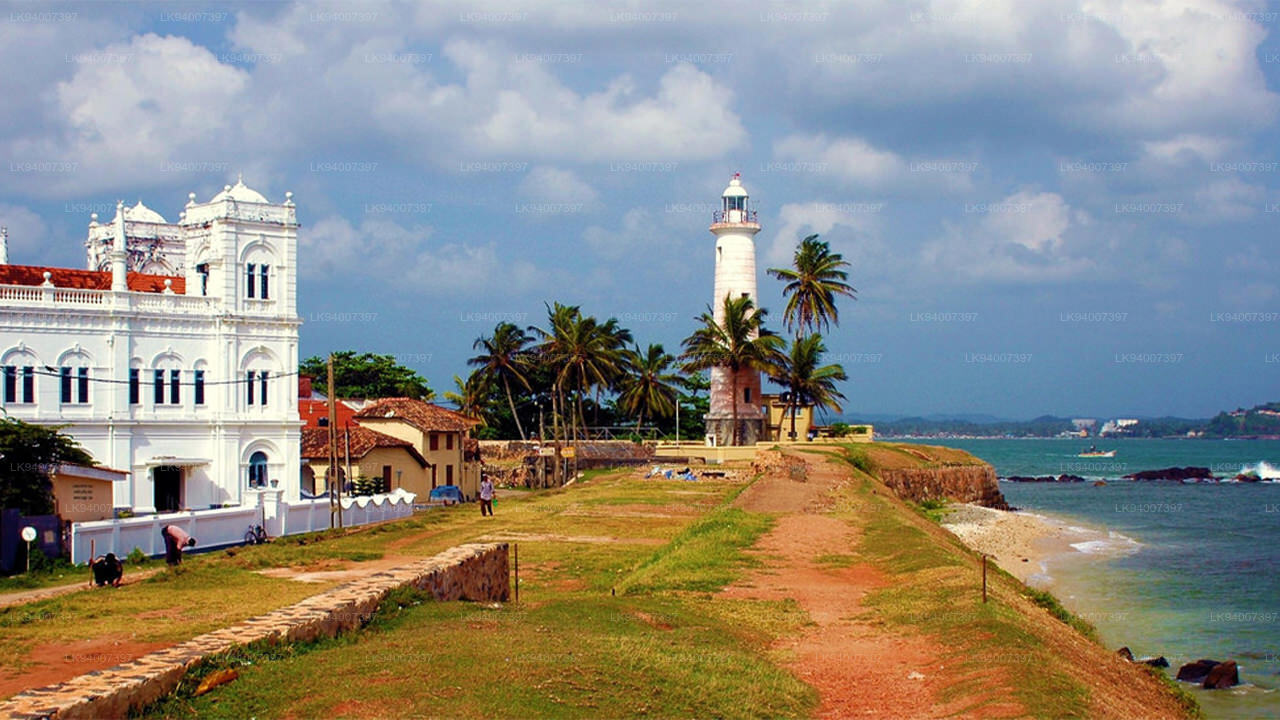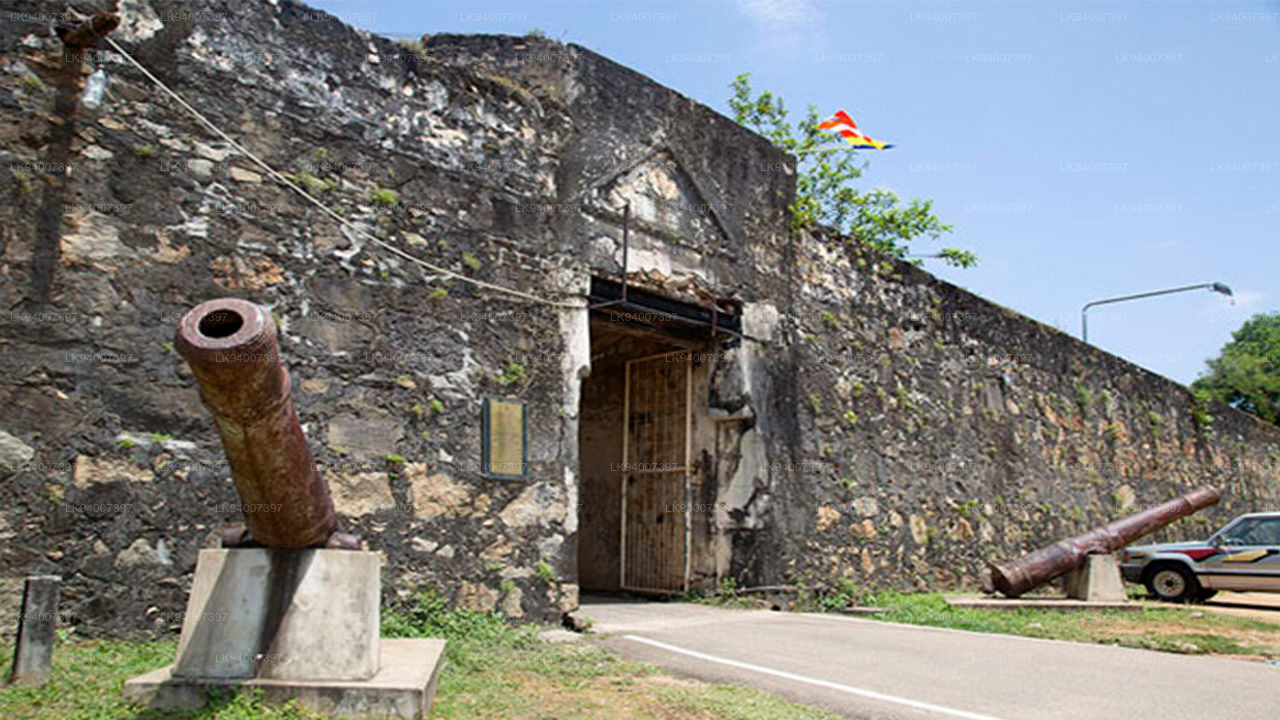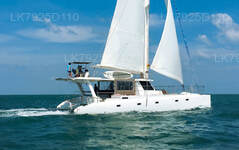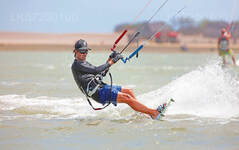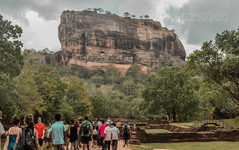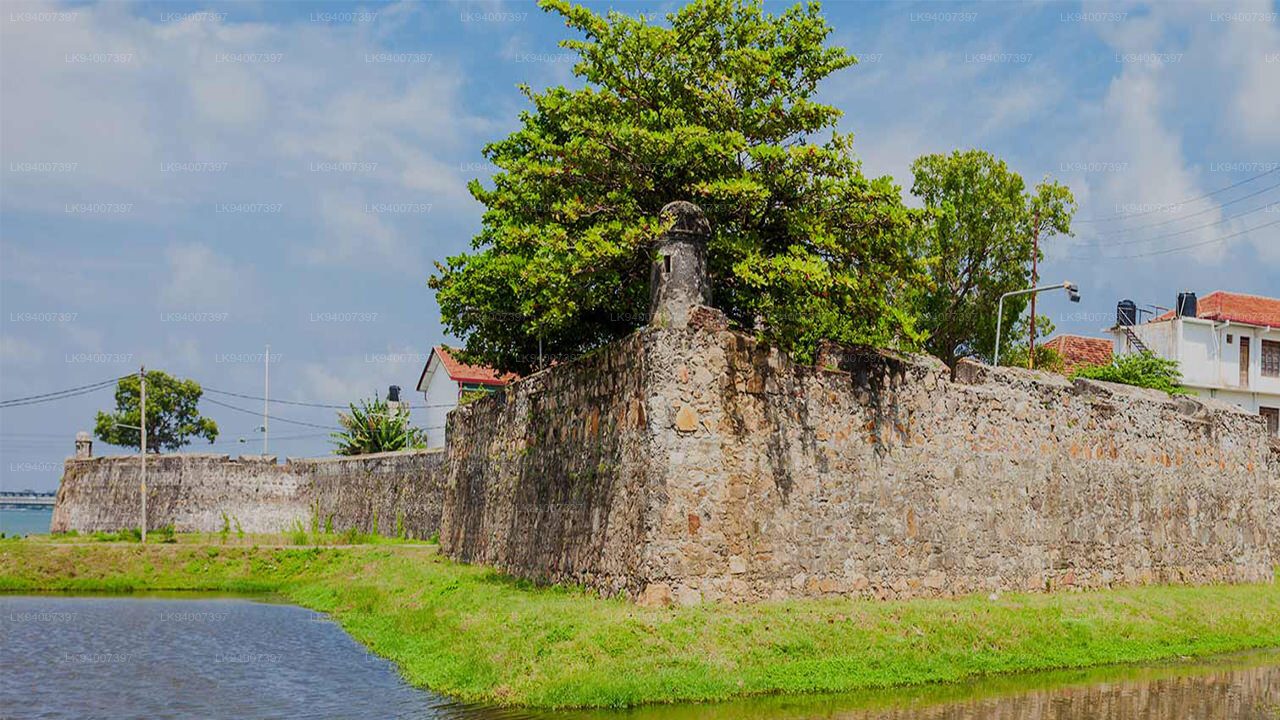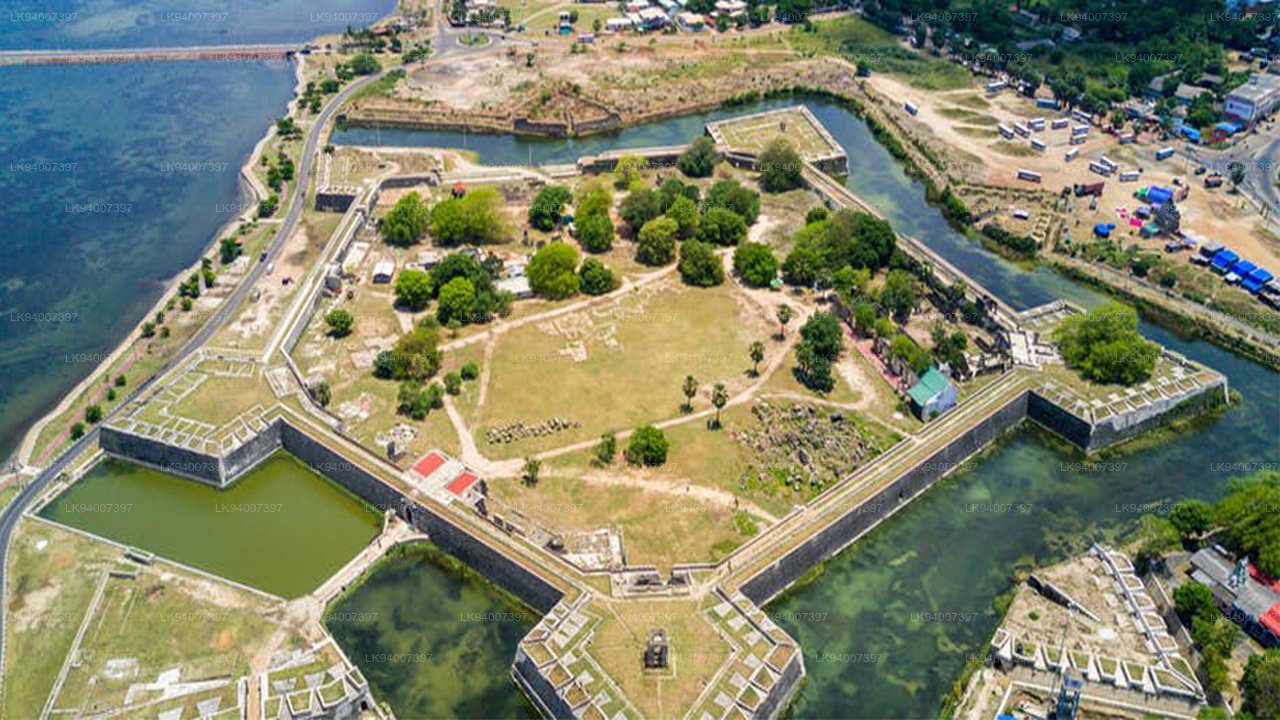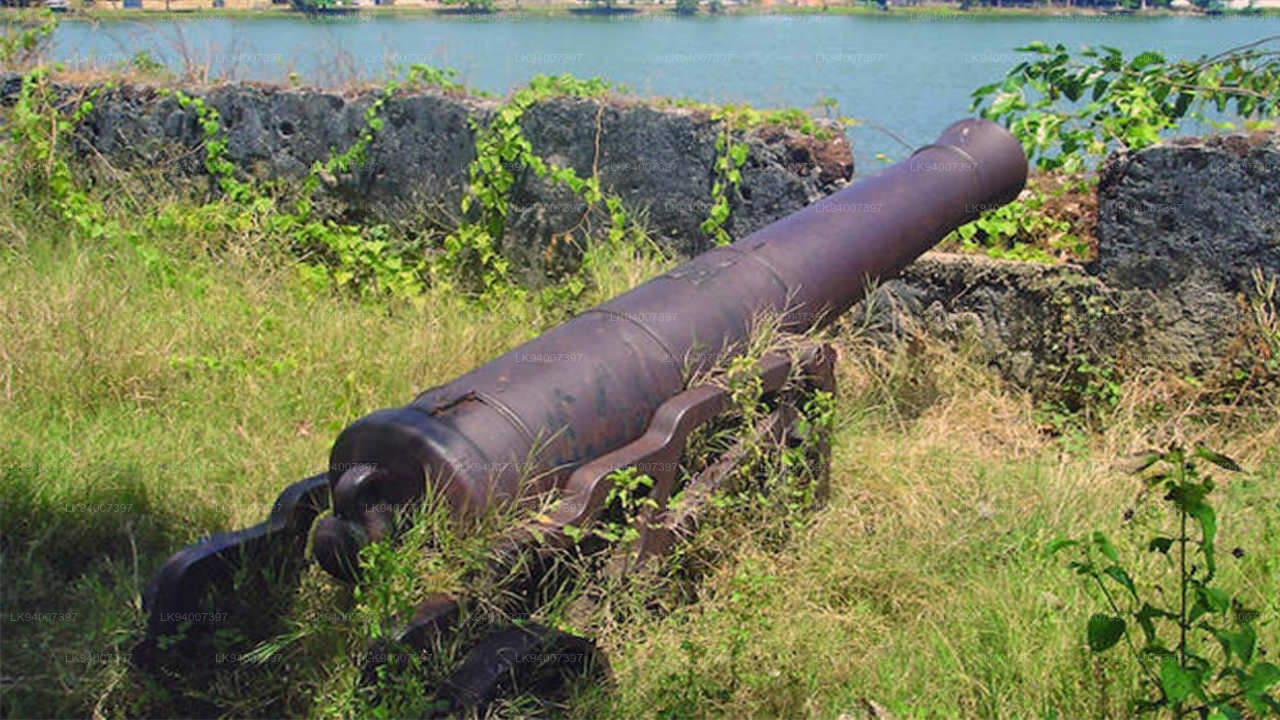
Batticaloa City
Batticaloa: Coastal city in Sri Lanka's Eastern Province, known for its scenic lagoon, sandy beaches, historic landmarks, and rich cultural heritage.
Batticaloa Dutch Fort
Originally a Portuguese settlement, the Fort of Batticaloa was first constructed in 1628 as a trading and administrative center. Set upon a small island, the fort protrudes into a swampy lagoon, surveying the brackish waters protected by the city’s outer banks. The Dutch had arrived in 1602, drawn to the prospects of trade and the abundance of pepper and cinnamon grown by the local community. However, it was not until King Rajasinghe in Kandy urged Dutch intervention that the European colonial power took action, capturing the fort in 1638 and establishing sovereignty in the region. Bordered by a moat on two sides and the lagoon on the others, the stone fort remained in Dutch hands for nearly two centuries before the British entered the country
in the late 18th century and took control of the Dutch fortifications. The site has significant religious implications dating back to the 1st century B.C., evidenced by a Buddhist stupa and shatra from the Ruhuna Kingdom that remains in the area. Sea erosion, insufficient funding, encroaching development, and the tsunami of 2004 have all conspired to damage the structure and its surrounding fortifications. Further, ethnic violence that has rocked the island for much of the last 30 years has prevented conservation efforts while dividing communities and threatening security in the area. However, plans to open the fort for public use can help unite the community and have the potential to further promote the fort as a religious and historic symbol.
About Batticaloa District
Batticaloa is a city in the Eastern Province of Sri Lanka. Batticaloa is in the eastern coast of Sri Lanka on a flat coastal plain boarded by the Indian Ocean in the east occupies the central part of the eastern Sri Lanka. Batticaloa is on the East coast, 314 km from Colombo. The population of 515,707 consists mainly of Tamils, Moors, Sinhalese, Euro-Asian Burghers (specifically Portuguese Burghers and Dutch Burghers) and indigenous Vedda population.
Rice and coconuts are the two staples of the district, and steamers trading round the island call regularly at the port. The lagoon is famous for its ""singing fish,"" supposed to be shell-fish which give forth musical notes. The district has a remnant of Veddahs or wild men of the wood.
The city has four main divisions.
Pullianthivu: Seat of many government department and offices, schools, banks religious places, General Hospital, Weber Stadium and Shops. Nowadays many NGO offices including ICRC, UN, UNICEF, WORLD VISION etc.are located also.
Koddamunai: Schools, Banks, Sri Lanka Telecom regional office for East, Shops and many government offices are located. Two bridges called Perya Palam and Puthuppalam are connect Pulianthivu Island with Koddaminai land mass.
Kallady: Here there are many Government buildings and private industries, schools, hospitals and Eastern University Medical Faculty. Kallady Lady Manning Bridge (the longest bridge in Sri Lanka) connects Kallady and Arasay.
Puthur: This is where the dom
About Eastern Province
The Eastern Province is one of the 9 provinces of Sri Lanka. The provinces have existed since the 19th century but they didn't have any legal status until 1987 when the 13th Amendment to the 1978 Constitution of Sri Lanka established provincial councils. Between 1988 and 2006 the province was temporarily merged with the Northern Province to form the North-East Province. The capital of the province is Trincomalee. The Eastern province's population was 1,460,939 in 2007. The province is the most diverse in Sri Lanka, both ethnically and religiously.
Eastern province has an area of 9,996 square kilometers (3,859.5 sq mi).The province is surrounded by the Northern Province to the north, the Bay of Bengal to the east, the Southern Province to the south, and the Uva, Central and North Central provinces to the west. The province's coast is dominated by lagoons, the largest being Batticaloa lagoon, Kokkilai lagoon, Upaar Lagoon and Ullackalie Lagoon.
Explore Eastern Province
-
Kumana National Park Safari from Pottuvil
Cena regularna Od 1.856,00 zł PLNCena regularnaCena jednostkowa / na -
Kumana National Park Safari from Panama
Cena regularna Od 1.210,00 zł PLNCena regularnaCena jednostkowa / na -
Prywatne safari w Parku Narodowym Kumana
Cena regularna Od 251,00 zł PLNCena regularnaCena jednostkowa / na -
Beach Camping at Panama
Cena regularna Od 2.502,00 zł PLNCena regularnaCena jednostkowa / na
